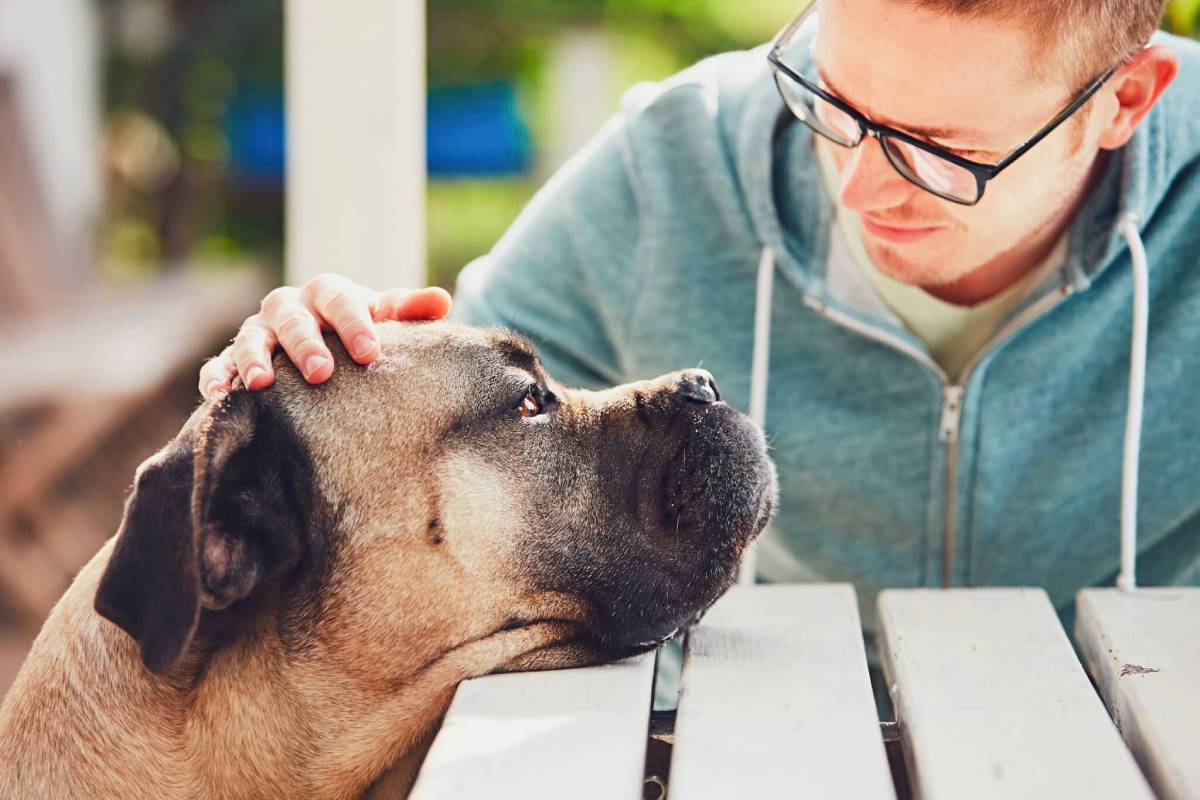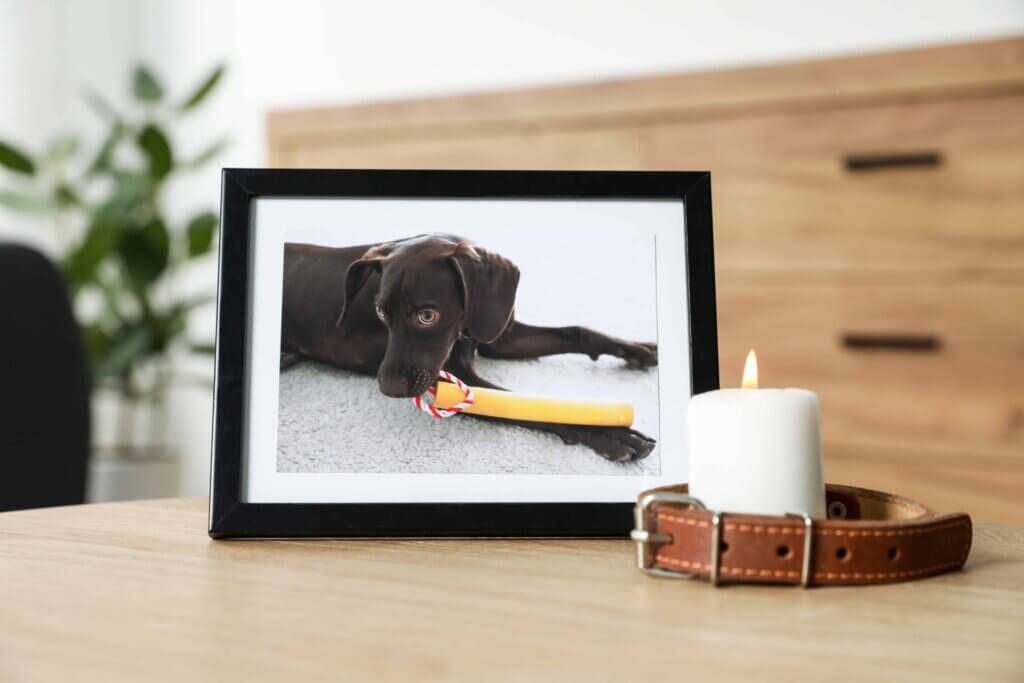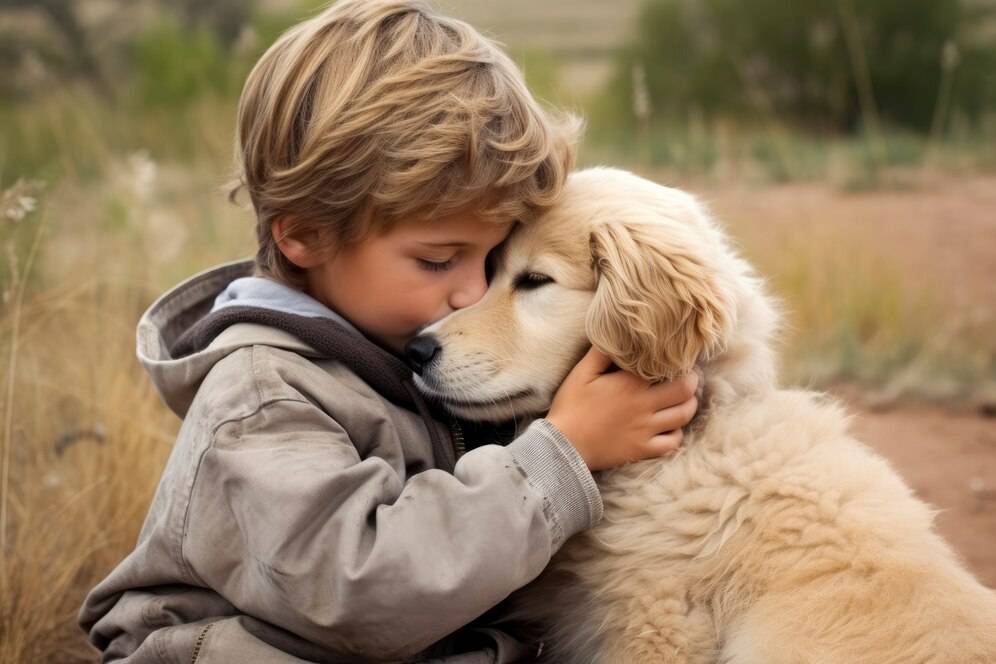
Coping with the Loss of a Pet: Support and Resources
Saying goodbye to a beloved animal companion is one of the most heart-wrenching experiences a person can face. For many, pets are more than animals—they are family, friends, confidants, and companions through life’s most meaningful moments. When that bond is broken, the grief can be profound, confusing, and at times, isolating.
Whether the loss is sudden or expected, grieving a pet is a deeply personal journey. The emotions it stirs are valid and deserve the same recognition and compassion as any other form of bereavement. Yet, pet owners often find themselves without the understanding or support they need.
This guide offers guidance, resources, and a compassionate perspective on pet loss support—from acknowledging grief to finding solace through pet bereavement counselling and community.
Understanding the Grief of Losing a Pet
A Unique and Powerful Bond
The human-animal bond is unique in its purity and intensity. Pets offer unconditional love, comfort without judgement, and presence without expectation. Their companionship becomes woven into our daily routines and emotional lives.
When they’re gone, it can feel as though part of ourselves has gone with them.
Why Grieving a Pet Can Be So Intense
- Daily companionship: Their constant presence magnifies their absence
- Silent support: Pets often help us cope with mental health challenges, loneliness, or trauma
- Unconditional affection: No expectations, just love
- Shared history: Pets witness life transitions—moves, relationships, heartbreaks
The pain can be compounded by the fact that not everyone understands the depth of this grief, leading to a sense of isolation or guilt.
The Stages of Grieving a Pet
While everyone grieves differently, many experience stages similar to those of human bereavement:
- Denial: Disbelief or numbness following the loss
- Anger: Frustration, blame, or resentment—at the situation, a vet, or oneself
- Bargaining: Replaying events, wondering “what if”
- Depression: Intense sadness, withdrawal, or feeling lost
- Acceptance: Reaching peace with the loss, while still honouring the bond
It’s important to note that these stages are not linear—you may cycle through them multiple times, or experience them in a different order.
Coping Strategies and Pet Loss Support
1. Allow Yourself to Grieve
You have the right to mourn your pet as deeply as you need to. Suppressing grief often prolongs it or causes it to resurface unexpectedly.
- Cry if you need to
- Take time off if possible
- Don’t minimise the loss—acknowledge it as real and significant

2. Create a Memory Space
Honouring your pet’s life can bring comfort and closure. Ideas include:
- A memory box with their collar, favourite toy, or photos
- Planting a tree in their memory
- Creating a photo album or digital tribute
- Lighting a candle on anniversaries
Rituals help express love and create meaning in a time of loss.
3. Talk About Your Pet
Sharing stories and memories keeps the connection alive and helps you process the loss.
- Speak with friends or family who knew your pet
- Join online communities for pet grief
- Don’t be afraid to laugh—joyful memories can be healing
Support Networks and Pet Bereavement Counselling
1. Professional Counselling Services
Pet bereavement counselling offers a safe, non-judgmental space to explore your emotions. Counsellors trained in pet loss understand the specific dynamics of this grief.
In the UK, resources include:
- Blue Cross Pet Bereavement Support Service
- The Ralph Site
- PDSA Pet Loss Support
- Private therapists specialising in grief and animal-assisted therapy
Sessions can take place in person, over the phone, or online.
2. Helplines and Peer Support
Sometimes, speaking to someone who’s been through it helps more than anything.
Support services to consider:
- Blue Cross Free Support Line: 0800 096 6606 (UK)
- The Ralph Site Facebook Community
- Pet Loss Support groups on Reddit and dedicated forums
These spaces allow you to talk openly, without the fear of being misunderstood or dismissed.

3. Children and Pet Loss
Children often form deep emotional bonds with pets and may struggle to express their grief. Be honest, avoid euphemisms like “gone to sleep,” and encourage them to talk or draw their feelings.
Resources:
- Child-friendly books about pet loss (e.g. “Goodbye Mog” or “The Tenth Good Thing About Barney”)
- Art therapy or journaling
- Involvement in memorial rituals
Navigating Guilt and Euthanasia Decisions
One of the most difficult aspects of grieving a pet is coping with the decision to euthanise. Even when made with love and veterinary guidance, it can lead to guilt or second-guessing.
Acknowledge That You Did Your Best
Making the choice to end suffering is an act of compassion, not failure. Holding space for your pet at the end of their life, however painful, is the ultimate expression of love.
Reminders for peace of mind:
- You acted with their wellbeing in mind
- Animals cannot express pain in human terms—trust your observations
- Vets provide guidance for a reason; you don’t have to bear it alone
Speak with a counsellor or trusted friend if you’re struggling with guilt. These feelings are common and deserve to be addressed gently.
When—and If—to Consider Another Pet
The idea of adopting another pet after a loss is deeply personal. Some people need time and space, while others find that helping a new animal can be a form of healing.
Questions to Consider:
- Am I emotionally ready to open my heart again?
- Am I looking to replace my pet, or create a new bond?
- Do I have the time and resources for a new pet?
- Would fostering help me transition?
There’s no “right” time. Follow your instinct and let grief guide you, not guilt or pressure from others.
Love That Never Leaves
Losing a pet changes you. Their absence leaves a silence that echoes throughout your home and heart. But over time, grief gives way to memory—and in those memories, love continues.
Whether you find comfort in a community, a counsellor, or quiet reflection, you are not alone. Pet loss support is available, and your grief is real. Healing doesn’t mean forgetting—it means learning to carry the love forward in a new way.
Take a gentle step today: light a candle, write down a memory, or reach out to a support line. Your pet may be gone, but their impact lives on—in your habits, your heart, and the life you shared together.


